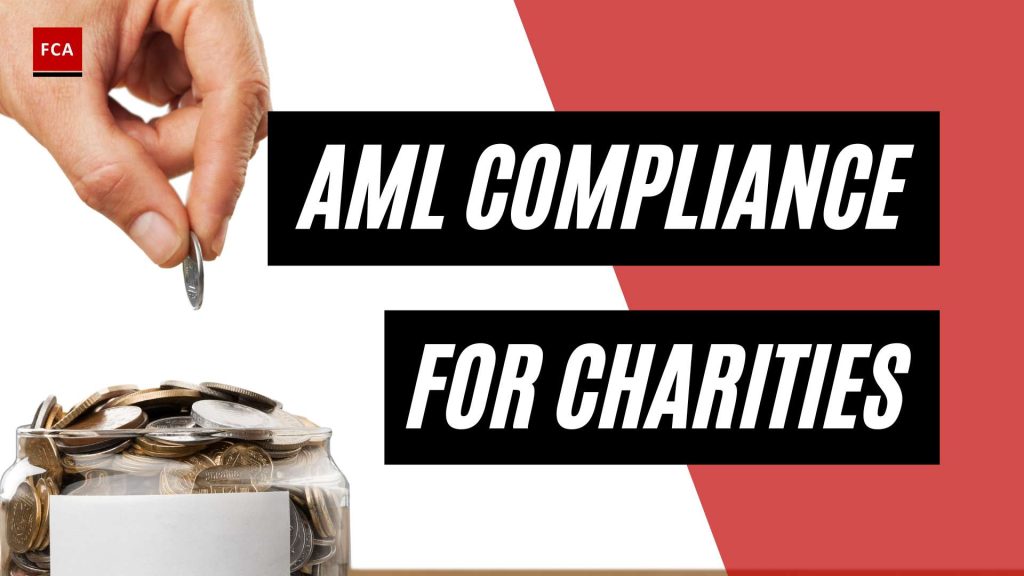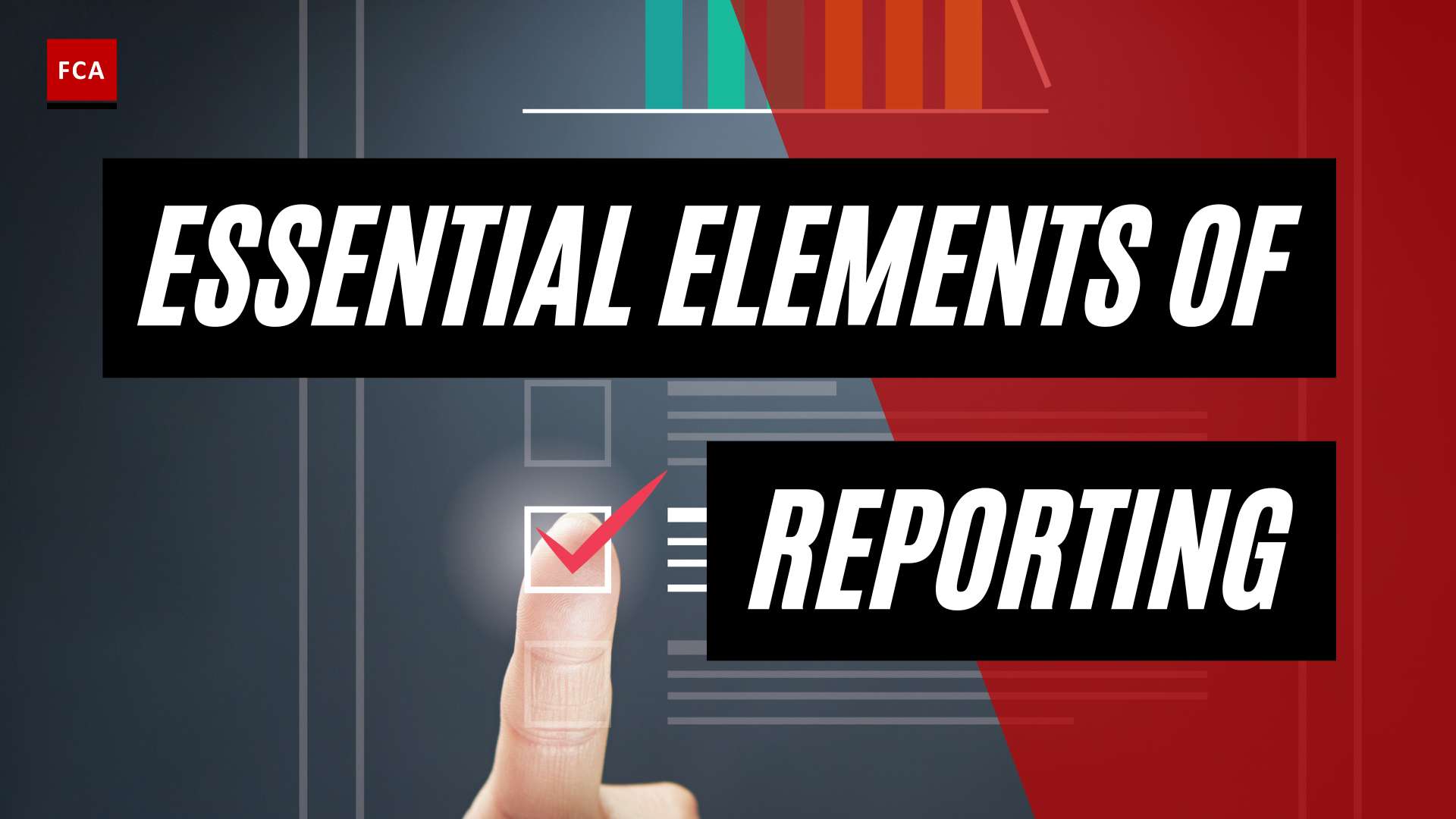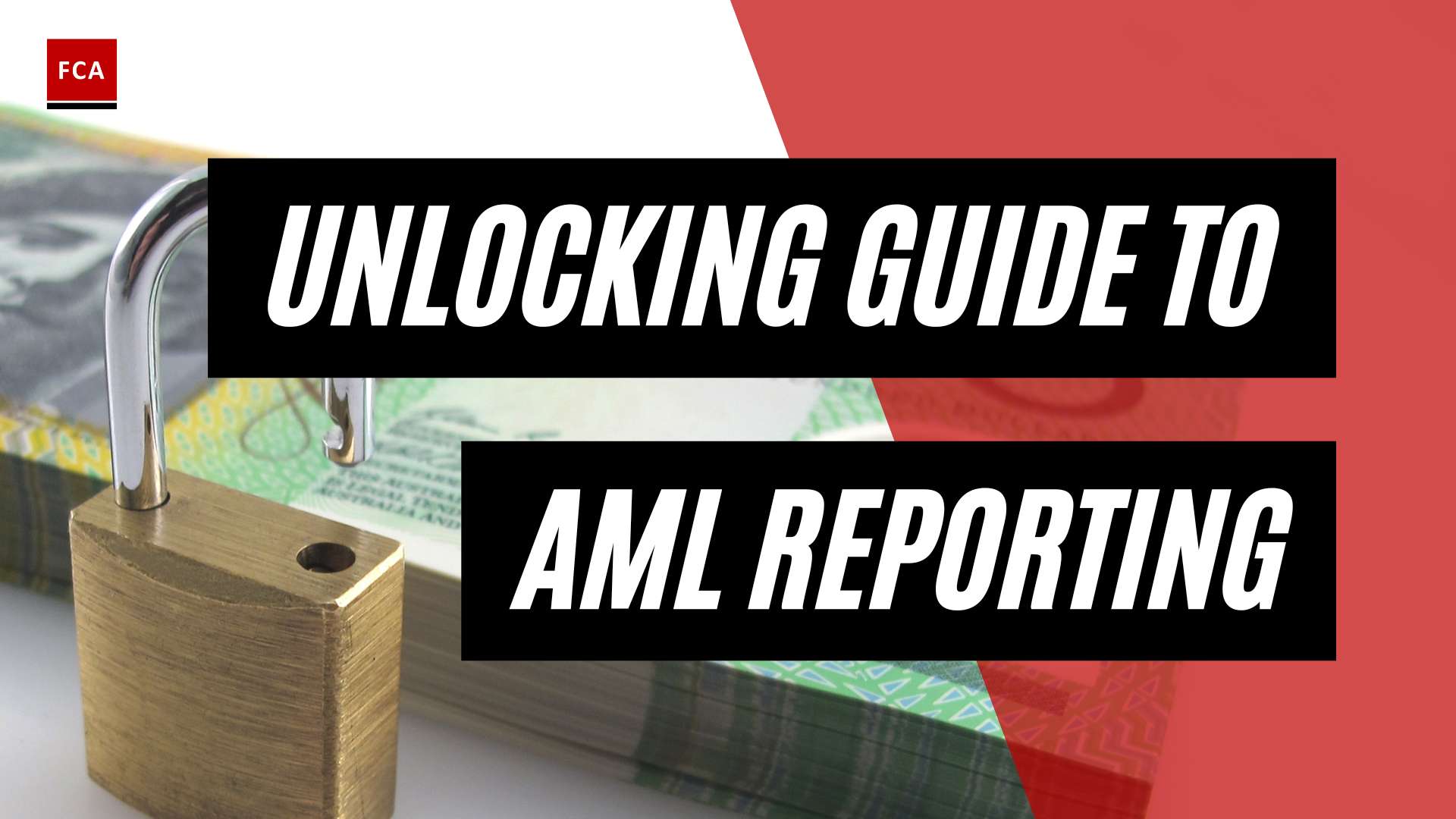Understanding AML Regulations for NGOs
To protect the integrity of the financial system and prevent legitimate entities from being exploited for illegal activities, Anti-Money Laundering (AML) regulations have been established. These regulations require financial institutions and other regulated entities to implement measures aimed at detecting and deterring money laundering and terrorist financing activities. While typically associated with banks and financial institutions, AML regulations also apply to non-profit organizations, including NGOs (Investopedia).
What are AML Regulations?
AML regulations refer to the set of rules and guidelines designed to combat money laundering and terrorist financing by establishing a framework for organizations to prevent, detect, and report suspicious financial activities. These regulations require NGOs to implement due diligence measures, maintain transparent and consistent record-keeping, establish AML procedures, and comply with reporting obligations.
The Financial Action Task Force (FATF), an international standard-setting body, has developed a set of 40 recommendations that provide a comprehensive framework for AML regulations. These recommendations serve as a basis for countries to develop their own AML laws and regulations, ensuring a consistent global approach to combating money laundering and terrorist financing.
Why are NGOs Subject to AML Regulations?
NGOs are subject to AML regulations due to their vulnerability to being used as fronts for money laundering and terrorist financing activities. The global reach and diverse activities of NGOs, which often involve cross-border transactions and funds disbursed in areas with weak AML controls, make them attractive targets for illicit financial activities (FFIEC).
By exploiting the charitable nature of NGOs, criminals may attempt to disguise the origins of illicit funds or use these organizations to transfer funds for illicit purposes. Recognizing this risk, regulators have extended AML regulations to cover NGOs, ensuring that these organizations have robust systems and controls in place to prevent and report suspicious financial activities.
Moreover, international organizations like the FATF and the World Bank have played a crucial role in setting global standards for AML and counter-terrorist financing (CFT) regimes. These standards influence AML regulations for NGOs, ensuring compliance with global AML/CFT standards and practices. Countries such as Ireland and the UK have faced scrutiny and made adjustments to their AML regulatory systems concerning NGOs to strengthen AML compliance (IMF).
In summary, AML regulations for NGOs aim to prevent money laundering and terrorist financing by establishing a framework that requires due diligence, transparent record-keeping, and the implementation of AML procedures. By adhering to these regulations, NGOs can contribute to the global fight against illicit financial activities while maintaining the integrity of their operations.
Due Diligence Measures for NGOs
To comply with AML regulations, NGOs need to implement robust due diligence measures. These measures aim to ensure that the organization operates with transparency and integrity, minimizing the risk of being exploited for illegal activities such as money laundering or terrorist financing. Key areas of focus for due diligence in NGOs include determining the purpose and objectives, understanding the organizational structure, and analyzing the volunteer and donor base.
Determining the Purpose and Objectives
A crucial step in due diligence for NGOs is to clearly determine the organization’s purpose and objectives. This involves defining the mission, activities, and goals of the NGO. By establishing a clear purpose, the NGO can align its operations with its intended charitable objectives and avoid any potential misuse of funds.
Understanding Organizational Structure
To ensure compliance with AML regulations, NGOs must have a solid understanding of their own organizational structure. This includes identifying key personnel, governance structures, and decision-making processes. Understanding the organizational structure helps to identify potential vulnerabilities and enables the implementation of appropriate controls to prevent misuse of funds.
Analyzing Volunteer and Donor Base
NGOs should conduct thorough analysis of their volunteer and donor base. This involves knowing who is involved in the organization, including volunteers, staff, and board members. It is essential to assess the backgrounds and reputations of individuals associated with the NGO to mitigate the risk of illicit activities.
Similarly, NGOs need to analyze their donor base to ensure the legitimacy of funds received. This includes conducting due diligence on donors, verifying the sources of funds, and monitoring transactions, particularly in high-risk situations or from high-risk jurisdictions. Implementing processes to understand the donor base helps ensure that funds are received from legitimate sources and used for their intended purposes.
By undertaking due diligence measures, NGOs can demonstrate their commitment to compliance with AML regulations. These measures help prevent the misuse of funds and protect the NGO’s reputation. It is important for NGOs to stay updated on AML regulations and adapt their due diligence processes accordingly. Collaborating with regulators and industry peers can also provide valuable insights and best practices for effective due diligence in the NGO sector.
Ensuring Transparent and Consistent Record-Keeping
When it comes to AML (Anti-Money Laundering) compliance for NGOs, transparent and consistent record-keeping plays a vital role. NGOs must maintain accurate financial records and documentation to demonstrate their commitment to preventing money laundering and illicit activities. In this section, we will explore the importance of record-keeping for AML compliance and the significance of reporting and documenting suspicious activity.
Importance of Record-Keeping for AML Compliance
Transparent and comprehensive record-keeping is imperative for NGOs to demonstrate their compliance with AML regulations. By maintaining detailed financial records, NGOs can provide evidence of their financial activities and ensure that funds received and expenses incurred align with their stated mission and objectives.
Transparent record-keeping allows NGOs to establish a clear audit trail, enabling regulators and law enforcement agencies to review financial transactions and assess the legitimacy of funds received. It also aids in the identification and prevention of potential money laundering or terrorist financing activities.
Financial records should include information such as funds received, sources of funds, and details of expenses. It is essential to disclose these records to regulatory authorities when required. By doing so, NGOs can demonstrate that they are not involved in any illicit activities and are committed to maintaining a high level of integrity.
Reporting and Documenting Suspicious Activity
NGOs must be vigilant in identifying and reporting suspicious activity. This includes any transactions or behaviors that raise red flags for potential money laundering or terrorist financing. When NGOs encounter such activity, they should promptly report it to the appropriate authorities and document the details for future reference.
By reporting and documenting suspicious activity, NGOs contribute to the collective efforts in combating money laundering and illicit financial activities. This information assists law enforcement agencies in their investigations and helps prevent funds from being used for unlawful purposes.
NGOs should establish clear internal procedures for reporting and documenting suspicious activity. This ensures that all staff and volunteers are aware of the process and can identify and report red flags effectively. Compliance officers should be knowledgeable about AML regulations and financial operations to guide the reporting process accurately.
Remember to consult local AML regulations and guidelines specific to your jurisdiction to ensure compliance with reporting requirements and to understand the thresholds for reporting suspicious activity.
By prioritizing transparent and consistent record-keeping, NGOs demonstrate their commitment to AML compliance. Reporting and documenting suspicious activity further strengthen their efforts in preventing money laundering and terrorist financing. Collaborating with regulators and law enforcement agencies is crucial in establishing a robust framework to address AML risks effectively.
Establishing AML Procedures for NGOs
To ensure compliance with AML regulations for NGOs and protect against financial crimes, it is essential for NGOs to establish robust AML procedures. These procedures help in identifying red flags and suspicious activities related to money laundering and terrorist financing, which should be promptly reported to the appropriate agency. AML procedures also provide a framework for implementing due diligence measures and promoting transparency within the organization.
Importance of AML Procedures
Establishing comprehensive AML procedures is crucial for NGOs to mitigate the risks associated with financial crimes. These procedures serve as a roadmap for preventing money laundering and terrorist financing activities within the organization. By implementing effective AML procedures, NGOs can:
-
Identify and assess potential risks: AML procedures enable NGOs to identify and evaluate the risks they may face in relation to money laundering and terrorist financing. This risk assessment helps in developing targeted control measures and allocating resources effectively.
-
Implement due diligence measures: AML procedures guide NGOs in conducting due diligence on donors, beneficiaries, workers, volunteers, partners, and suppliers. This process involves gathering sufficient information about these individuals and entities to ensure compliance and prevent illicit financial activities (Sanction Scanner). NGOs should follow a risk-based approach, tailoring their due diligence procedures based on the level of risk associated with each engagement.
-
Monitor and report suspicious activities: AML procedures outline the process for monitoring financial transactions and identifying suspicious activities that may indicate money laundering or terrorist financing. NGOs should establish mechanisms for reporting such activities to the appropriate regulatory authorities, as required by AML regulations.
Training for Volunteers and Officers
Training plays a crucial role in ensuring that NGOs have a well-informed and vigilant workforce that can identify and report potential money laundering or terrorist financing activities. NGOs should provide training to their volunteers and officers on AML regulations, financial operations, and the organization’s specific AML procedures.
Training programs should cover the following areas:
-
AML regulations and compliance requirements: Volunteers and officers need a clear understanding of the AML regulations applicable to NGOs and the consequences of non-compliance. This includes educating them about the legal obligations, reporting obligations, and potential penalties associated with AML violations.
-
Recognizing red flags and suspicious activities: Training should focus on identifying signs of money laundering or terrorist financing, such as unusual transaction patterns, large cash deposits, or donations from high-risk jurisdictions. Volunteers and officers should be aware of the specific red flags relevant to the NGO’s operations.
-
Reporting procedures: NGOs should provide guidance on the reporting process for suspicious activities, ensuring that volunteers and officers understand how and when to report any concerns internally and to the appropriate regulatory authorities.
By investing in comprehensive training programs, NGOs can empower their volunteers and officers to actively contribute to AML compliance. Regular refresher courses should be conducted to keep everyone up to date with evolving AML regulations and emerging trends in financial crimes.
Establishing AML procedures and providing training are critical steps for NGOs in safeguarding their operations against money laundering and terrorist financing risks. By proactively addressing these risks, NGOs can protect their reputation, maintain transparency, and contribute to global efforts in combating financial crimes.
Risks and Consequences of Non-Compliance
Ensuring compliance with Anti-Money Laundering (AML) regulations is of utmost importance for NGOs and charities. Non-compliance can have serious repercussions, both legally and in terms of reputation.
Legal Implications for Non-Compliant NGOs
NGOs that fail to comply with AML regulations may face legal consequences. Money laundering activities facilitated through an NGO’s operations can inadvertently taint the organization’s reputation and result in legal actions. It is essential for NGOs to understand and adhere to the AML regulations relevant to their jurisdiction to mitigate the risk of non-compliance. By implementing robust AML policies and procedures, NGOs can protect themselves from potential legal challenges and demonstrate their commitment to transparency and accountability (Investopedia).
Reputational Damage from Non-Compliance
Non-compliance with AML regulations can also lead to significant reputational damage for NGOs. The public and stakeholders place immense trust in NGOs to carry out their missions ethically and responsibly. Any association with money laundering or financial crime can severely undermine this trust and impact the organization’s ability to attract donors, secure funding, and collaborate with partners.
Reputational harm can result in a decline in public support, donor funding withdrawal, and a loss of credibility within the sector. It is crucial for NGOs to prioritize AML compliance as part of their overall risk management strategy to protect their reputation and maintain public trust. By implementing effective AML procedures and demonstrating a commitment to combating financial crime, NGOs can safeguard their reputation and maintain their standing as trusted entities within the communities they serve.
To avoid the risks and consequences of non-compliance, NGOs must prioritize implementing robust AML procedures, training their volunteers and officers, and collaborating with regulators and law enforcement agencies. By doing so, they can uphold the integrity of their operations, protect their stakeholders, and continue to make a positive impact in their respective fields.
Collaboration and Information Sharing
In the realm of AML compliance for NGOs and charities, collaboration and information sharing among various stakeholders play a crucial role in addressing money laundering and terrorist financing risks. By working together, NGOs, regulators, and law enforcement agencies can build strong partnerships and enhance the effectiveness of AML efforts to protect organizations from abuse by criminals and illicit actors (FFIEC).
Importance of Collaboration Among NGOs, Regulators, and Law Enforcement
Collaboration among NGOs, regulators, and law enforcement agencies is essential for effective AML compliance. By sharing information and expertise, these parties can collectively identify and mitigate potential risks in the charitable sector. Key benefits of collaboration include:
-
Enhanced Knowledge Sharing: NGOs can benefit from the guidance and expertise of regulators and law enforcement agencies, who possess in-depth knowledge of AML regulations and emerging trends in illicit financial activities. This shared knowledge helps NGOs stay updated on best practices and adapt their AML strategies accordingly.
-
Improved Risk Assessment: By collaborating with regulators and law enforcement agencies, NGOs gain access to valuable insights into the latest money laundering and terrorist financing threats. This enables NGOs to conduct more comprehensive risk assessments and implement targeted measures to minimize vulnerabilities.
-
Effective Investigation and Reporting: Close collaboration between NGOs and law enforcement agencies facilitates the reporting of suspicious activities and the subsequent investigation of potential AML violations. Timely reporting and cooperation contribute to the overall effectiveness of AML efforts and help prevent illicit actors from exploiting the charitable sector for money laundering purposes.
-
Policy Development and Implementation: Collaborative efforts between NGOs, regulators, and law enforcement agencies can lead to the development and refinement of AML policies and regulations specifically tailored to the unique challenges faced by the charitable sector. This ensures a balanced approach that protects NGOs from abuse while maintaining the integrity of the AML framework.
Building Strong Partnerships to Address AML Risks
Building strong partnerships is crucial to effectively address AML risks in the charitable sector. These partnerships involve NGOs, regulators, law enforcement agencies, and other stakeholders. Key elements in building these partnerships include:
-
Engagement and Communication: Regular engagement and open lines of communication between NGOs, regulators, and law enforcement agencies foster trust and facilitate collaboration. This includes participating in forums, workshops, and information-sharing platforms dedicated to AML compliance.
-
Information Exchange: Sharing relevant information, such as typologies, trends, and case studies, among NGOs, regulators, and law enforcement agencies helps identify emerging risks and develop effective countermeasures. This exchange of information allows all parties to stay informed and adapt their AML strategies accordingly.
-
Training and Capacity Building: Collaborative partnerships should include initiatives to enhance the AML knowledge and skills of NGO staff, volunteers, and officers. Training programs, workshops, and capacity-building activities ensure that NGOs have the necessary tools and expertise to implement robust AML procedures.
-
Regulator and NGO Cooperation: Establishing channels for ongoing dialogue between regulators and NGOs promotes a mutual understanding of the challenges and requirements of AML compliance. This cooperation helps regulators develop regulations that are practical and effective, while NGOs can provide valuable insights based on their operational experiences.
By fostering collaboration and building strong partnerships, NGOs, regulators, and law enforcement agencies can work together to address AML risks effectively. These collaborative efforts ensure a coordinated approach that protects the charitable sector from illicit financial activities while upholding the integrity and transparency of NGOs’ mission and operations.








